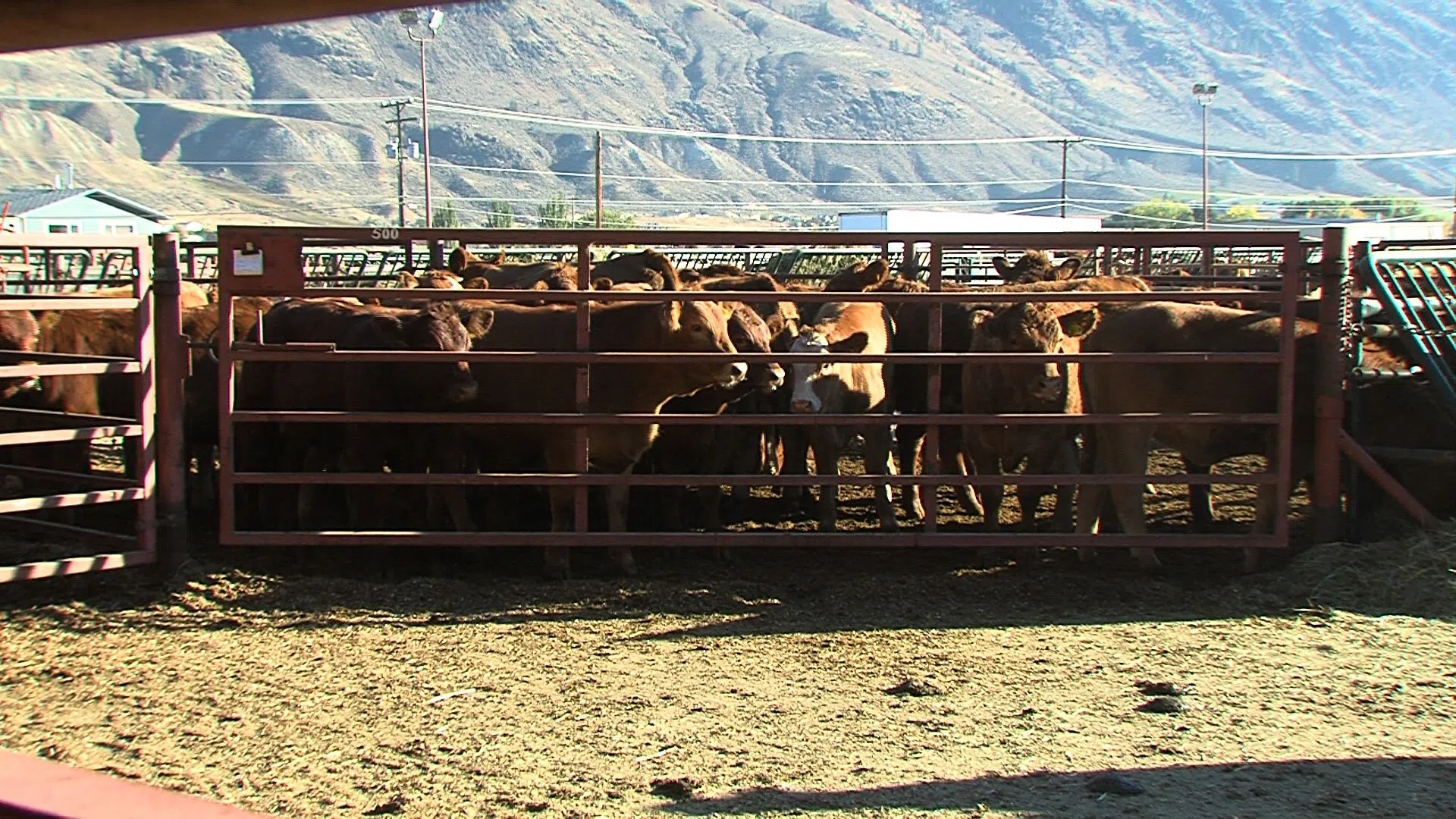
B.C Cattlemen’s annual general meeting aims to ease industry concerns
KAMLOOPS — More than one hundred ranchers from throughout the Interior gathered for the second day of the B.C Cattlemen’s Association’s annual general meeting in Kamloops on Friday.
With more than four-thousand cattle ranches in B.C, it’s an industry that remains a lifeblood throughout the province.
However like any industry, there are strict regulations cattlemen must abide by, and those regulations are getting tougher every year.


